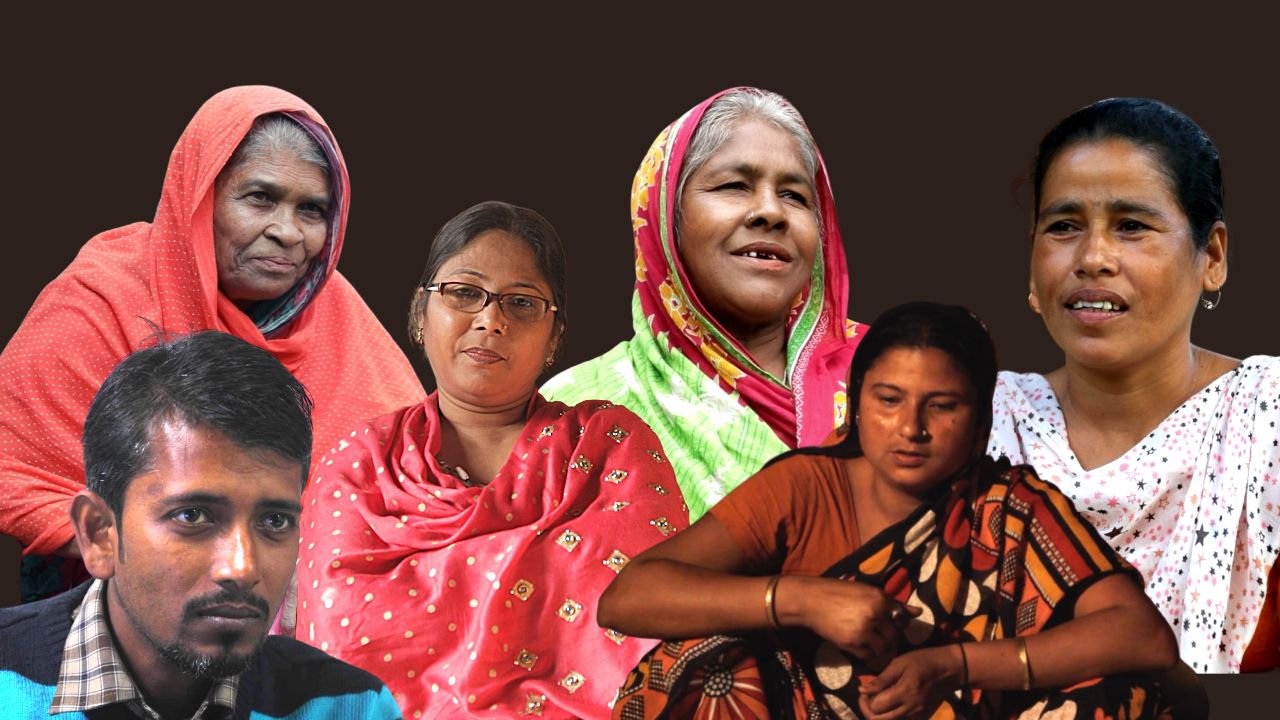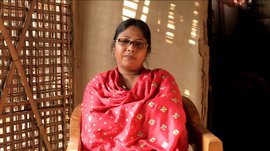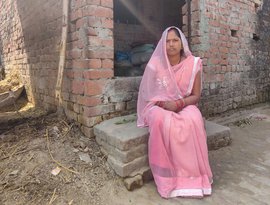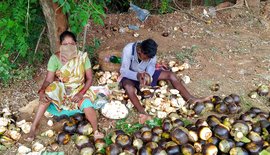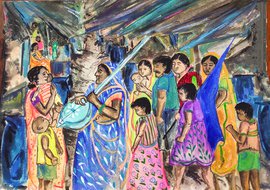The long shadows of colonisation and partition of the Indian subcontinent continue to make their presence felt in Assam in myriad ways. Most evidently in the National Register of Citizens (NRC), a citizenship mapping exercise that could potentially leave 1.9 million people stateless. A manifestation of it has been the creation of a category of citizens called ‘doubtful (D)-voter’ and their incarceration in detention centres. The mushrooming of Foreigners Tribunals across Assam since the late 1990s, and the passing of the Citizenship Amendment Act (CAA) in December 2019 have further exacerbated the citizenship crisis in the state.
The oral testimonies of six people caught in the vortex of this ongoing crisis show us its devastating effects on individual lives and histories. Rashida Begum,
a survivor of the Nellie massacre
when she was eight years old, finds her name missing from the NRC despite all her family members making it to the list. Shahjahan Ali Ahmed’s name is missing too, along with the names of several members of his family. He is now involved in activism around the citizenship question in Assam.
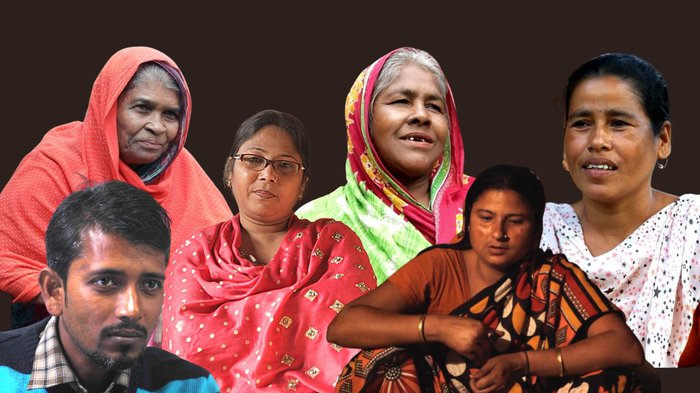
The history of the citizenship crisis in Assam is tied to waves of migration that resulted from policies of the British empire, and the partitions of Bengal in 1905 and Indian subcontinent in 1947
Ulopi Biswas was declared a ‘foreigner’ despite the family’s Indian citizenship and her own papers that prove her nationality. She was declared a D-voter, and went through a trial at Bongaigaon Foreign Tribunal in 2017-2022 to prove her citizenship. Kulsum Nissa and Sufia Khatun, who are out on bail from detention centres, recount the time spent in custody. And there’s also Morjina Bibi, who spent eight months and 20 days at the Kokrajhar detention centre because of an administrative mix-up.
The history of the citizenship crisis in Assam is complicated. It is tied to waves of migration that resulted from socio-economic policies of the British empire, the partitions of Bengal in 1905 and the Indian subcontinent in 1947. As a result of various administrative and legal interventions over the years, and campaigns like the Anti-foreigners Agitation which took place from 1979 to 1985, the Muslims of Bengal origin as well as Bengali Hindus have been turned into the “other”.
The project Facing History and Ourselves records the narratives of Kulsum Nissa, Morjina Bibi, Rashida Begum, Shahjahan Ali Ahmed, Sufia Khatun and Ulopi Biswas as a reminder that the citizenship quagmire in Assam is far from over. Nobody knows what the future holds for those caught in it.
Rashida Begum is from Morigaon district, Assam, and was eight years old when the Nellie massacre took place on February 18, 1983. She now finds her name excluded from the final list of National Register of Citizens, published in 2019.
Shahjahan Ali Ahmed is an activist from Baksa district who works on citizenship issues in Assam. Thirty-three members of his family including himself have been left out of the National Register of Citizens.
Sufia Khatun is from Barpeta district and has spent more than two years in Kokrajhar detention centre. She is now out on bail on an order from the Supreme Court of India.
Kulsum Nissa
is from Barpeta district, and has spent five years in Kokrajhar detention centre. She is now out on bail but needs to present herself to the local police every week.
Ulopi Biswas is from Chirang district, and had had a case going on in Bongaigaon Foreigners Tribunal since 2017.
Morjina Bibi is from Goalpara district and spent eight months and 20 days in Kokrajhar detention centre. She was eventually released once it was established that the police had the wrong person.
‘Facing History and Ourselves’ is coordinated by Subasri Krishnan. The foundation project is implemented by India Foundation for the Arts under their Archives and Museums Programme, in collaboration with People’s Archive of Rural India. This has been made possible with part support from Goethe-Institut/Max Muller Bhavan New Delhi. The project has also been supported by Sher-Gil Sundaram Arts Foundation.
Feature collage: Shreya Katyayini
